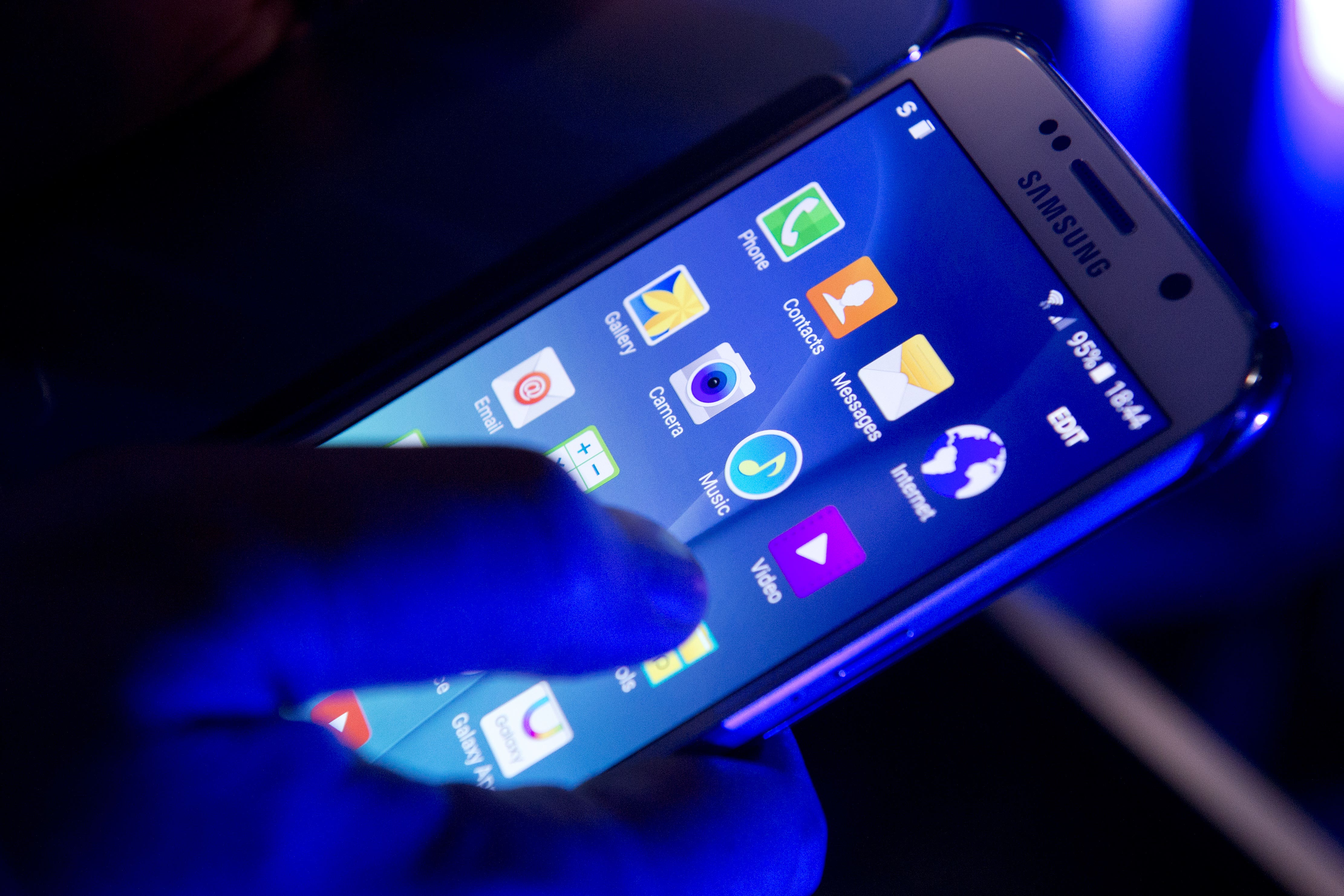Use of virtual wards for patients with acute respiratory infections recommended
The recommendation was made by the National Institute for Health and Care Excellence in new draft guidance.

Virtual wards have been recommended for use by patients with acute respiratory infections in a bid to free up NHS beds and save the health service money.
The wards are technology platforms which allow clinicians to provide hospital-standard care from patients’ homes.
The programs comprise a patient-facing app or website, wearable devices and a digital platform for healthcare workers.
Together, they monitor temperature, heart rate, oxygen levels, blood pressure, and respiratory rate for doctors.
The NHS is under pressure and giving people with an acute respiratory infection the chance to be monitored from the safety of their own home or care home can help manage capacity in hospitals
In new draft guidance, the National Institute for Health and Care Excellence (Nice) said the platforms can be used more widely in England to monitor people over the age of 16 with acute respiratory infections.
It is hoped the move could reduce pressure on the healthcare system and comes after NHS waiting lists climbed to a record 7.6 million in June.
Mark Chapman, interim director of medical technology and digital evaluation at Nice, said: “The NHS is under pressure and giving people with an acute respiratory infection the chance to be monitored from the safety of their own home or care home can help manage capacity in hospitals.
“Evidence shows virtual wards are safe and can be an option for those who are comfortable using technology to have their condition monitored away from a hospital ward.”
The decision to admit someone to a virtual ward would be made jointly by the doctor and their patient, as well as their carer and clinical team.
Patients and carers would also be trained to use the technology and would also be provided with a telephone number to call for advice or support between the hours of 8am and 8pm.
Evidence presented to an independent committee found there were similar outcomes for patients treated in a hospital compared with those at home.
Nice said using the technology could also save costs for the NHS.
Analysis by the public body found virtual wards saved around £872 per person compared with inpatient care, and £115 per person compared with home care without the use of technology.
The Government had pledged to create an extra 10,000 virtual ward beds ahead of winter under its Urgent and Emergency Care Recovery Plan, as well as 5,000 extra hospital beds.
Health minister Helen Whately said expanding the use of virtual wards to support those with acute respiratory infections “will give more patients the option of recovering at home”.
“At the same time this frees up beds for people who need to be in hospital,” she added.
This guidance will only go so far without the funding and workforce needed for trusts to deliver the model sustainably and effectively
Saffron Cordery, deputy chief executive at NHS Providers, said virtual wards “can play a key role” in easing pressure on the NHS, but more investment could be needed.
“This will be especially needed as we head into winter, the busiest time of year,” she added.
“By outlining how technology can be used effectively to support care, this new guidance could significantly help support the vital work trusts are already doing to deliver this ‘hospital at home’ model.
“Virtual wards can also benefit patients as it gives them the choice to be treated at home rather than in a hospital bed, which can improve experience and outcomes.
“However, this guidance will only go so far without the funding and workforce needed for trusts to deliver the model sustainably and effectively.”
A consultation on Nice’s recommendation is now under way and will run until September 1.
Professor Sir Stephen Powis, NHS national medical director, said: “Virtual wards have fast become one of the NHS’ most important innovations and it is encouraging that Nice recognises these benefits and is now recommending their use for acute respiratory infections.
“They can also make a real difference ahead of winter when we know viruses can pile considerable pressure onto NHS services, which is precisely why virtual wards are a key component of our winter planning measures so more people can be treated comfortably from their own home – including patients with acute respiratory infections – while freeing up vital hospital beds.”
Bookmark popover
Removed from bookmarks